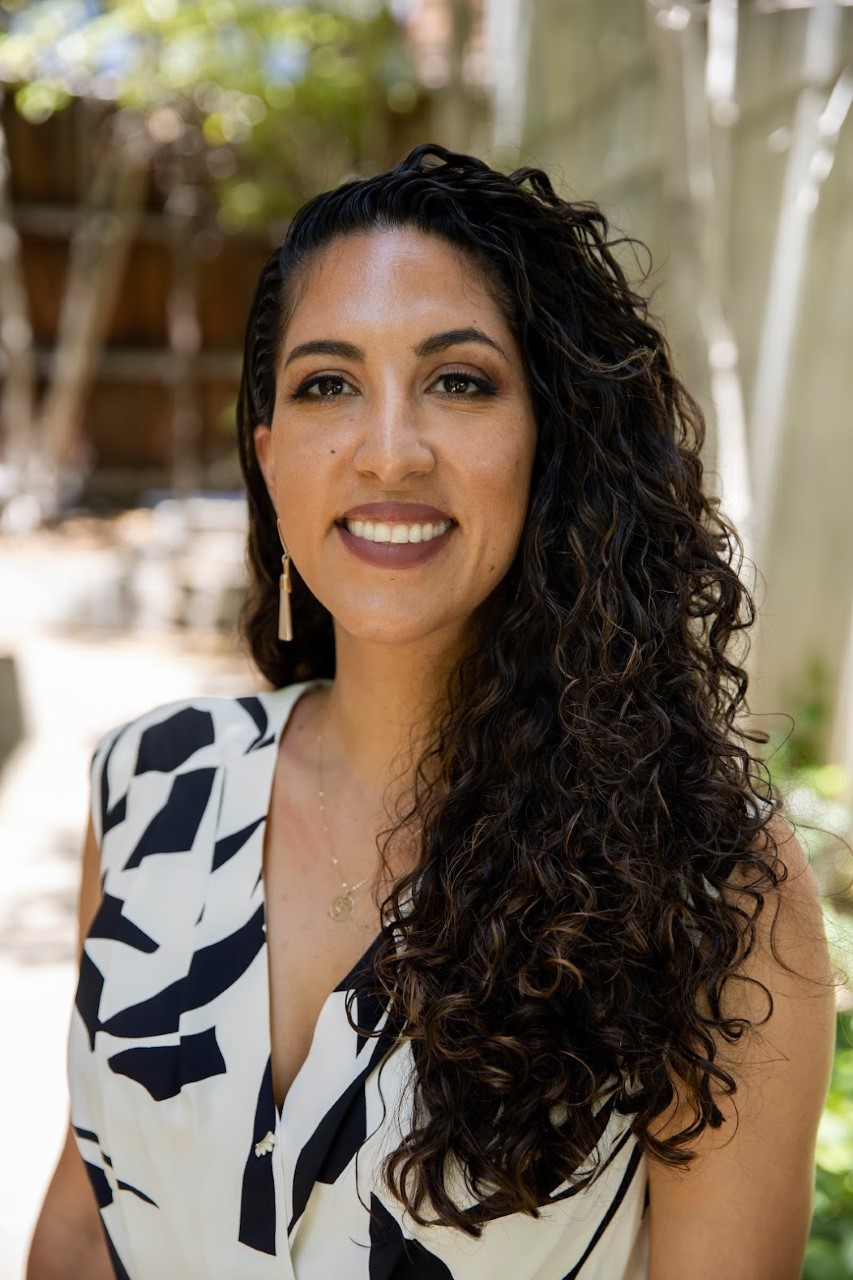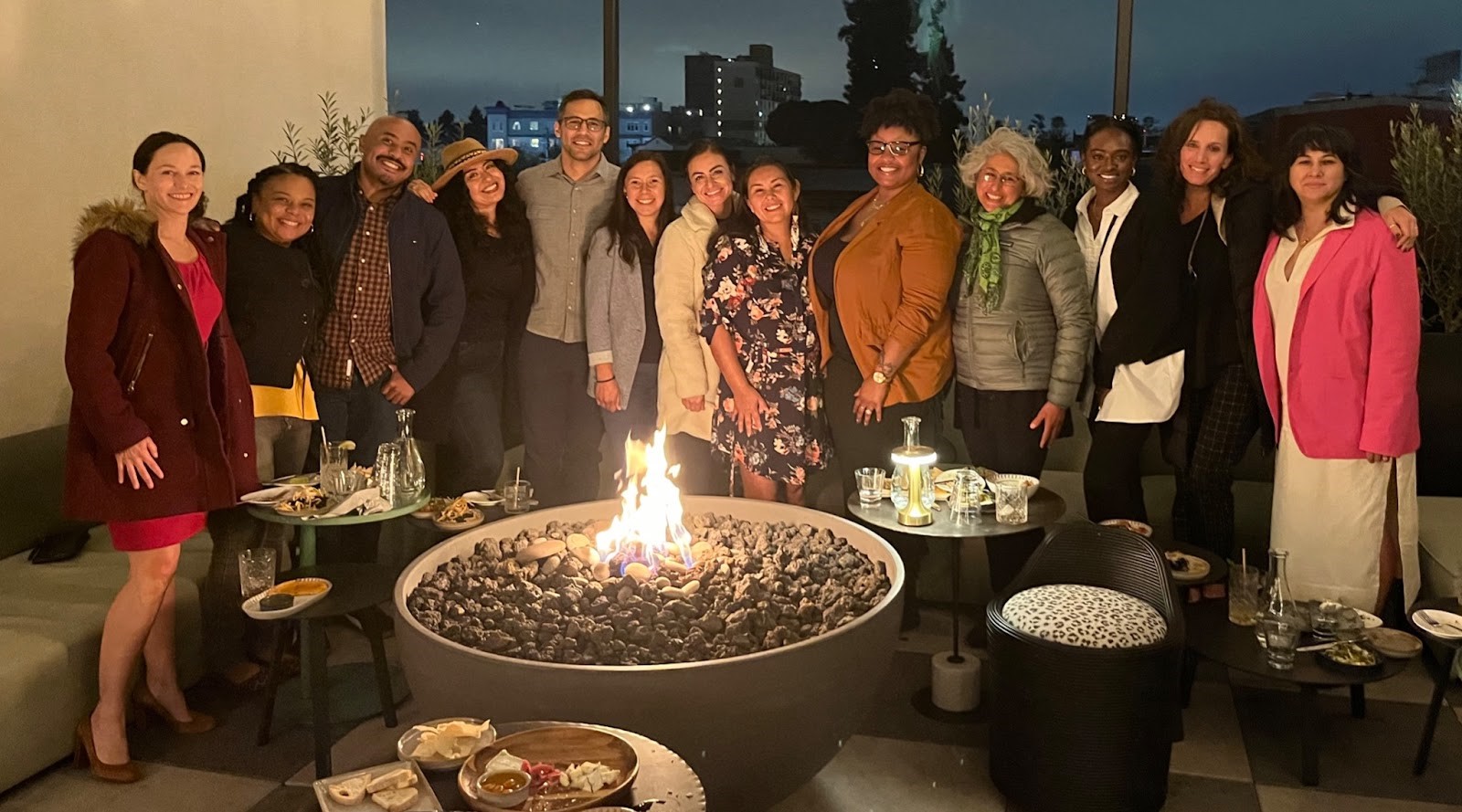CCJFG Movement Partner Spotlight: Justice Reinvestment Coalition of Alameda County
CCJFG is starting a new practice of spotlighting our partners in the movement to end policing, prisons, and criminalization. Our goal is to shine a light on grassroots organizations that may be lesser-known, but are instrumental in moving us towards an abolitionist vision of a more just and resourced world. This month, we are happy to spotlight the work of the Justice Reinvestment Coalition of Alameda County. Know a grassroots organization that deserves a spotlight? Share with us at [email protected].
(Photo taken from the Justice Reinvestment Coalition membership meeting at Urban Strategies Council.)
An Interview with Somdeng Danny Thongsy, Campaigner and Coordinator at Justice Reinvestment Coalition
Can you share the political context that JRC was responding to when it started?
The Justice Reinvestment Coalition of Alameda County (JRC) is composed of community-based and advocacy organizations committed to creating a fair and just public safety system based on effective practices that invest in our communities, our families, and our people. The U.S. has the highest global incarceration rates. Black men are incarcerated at disproportionately higher rates than White men. The incarceration rates skyrocketed by 500% over the span of 40 years, showing more drug-related offenses than other criminal offenses. In California, prison populations rose by 137% - prisons became so overcrowded that advocates filed a lawsuit against the state. As a result, the Supreme Court ordered the CDCR to lower prison capacities.
The JRC responds to these disparities. In 2011, Governor Brown signed AB109 which granted county’s funds and the responsibility of monitoring and incarcerating low-level “offenders.” The JRC advocated to ensure that released populations would be welcomed home by community and provided resources. The JRC also supported Props 47 and 57 which reclassified low-level drug crimes and reinvested in rehabilitation and community. In 2016, the Alameda County Coalition for Criminal Justice Reform (AC3JR) and Prop 47 came together as two tables. Eventually, the two tables merged to become the JRC.
(Photo taken from the Justice Reinvestment Coalition retreat at First Congregational Church of Oakland)
What is JRC's vision for Alameda County that doesn't rely on incarceration?
The JRC responds to mass incarceration by fighting for an equitable and sustainable system that eliminates criminalization and acknowledges that detention and incarceration impoverish our communities and harm public safety.
The JRC pushes for county reinvestment through an audit of the Sheriff. This would ensure that taxpayers know how their tax dollars are used and reallocate funds directly towards mental health and community resources as alternatives to incarceration. Since COVID-19, the JRC shifted its strategy to decarcerate Santa Rita Jail. We mobilized the community and met with county stakeholders such as the Board of Supervisors, Probation, District Attorney, Judge, Sheriff, Public Defender, and health experts about the health and safety of incarcerated adults and juveniles and pushed for a holistic reentry plan.
During the fall of 2020, the JRC celebrated with allies the milestone of the closure of the Division of Juvenile Justice. Today, the JRC with Free Our Kids (FOK) are advocating for a holistic community based solution as an alternative to incarceration of our youth. The JRC and FOK created a proposal to build a system that prioritizes a care-first, health-focused model and prevents the criminalization and incarceration of children.
(Photo taken from the Justice Reinvestment Coalition community event at Rene Davidson Courthouse holding law enforcement accountable for their misconduct)
Can you share any brief stories about the people impacted by your work and/or people in your membership?
The JRC believes in centering the voices of the community we serve. The saying, “those who are directly impacted are closer to the solution” is true in our work and is why we cultivate the leadership of our impacted members and lean on their guidance. Below are highlights of a few of our members:
Willard Ali Birts. Jr (he/him), also known as Sentwali Ali, is a Senior Organizer with All of Us or None, a member organization of JRC. Beginning as a youth, Ali has been incarcerated on eight different terms. In 1996, he was sentenced to 32-years-to-life under the Three Strikes Law. He was released in 2013 due to resentencing laws. Most of Ali’s family have also been incarcerated.
Ali needed to break out of this cycle. He transformed his life through his faith. To understand the struggle of his Black community, Ali explored teachings on African-American heritage and reconnected with his family roots of advocacy. Ali was inspired to work in advocacy by the director of All Of Us Or None, Dorsey Nunn. He reminisces, “I grew up with three of Dorsey’s brothers and met Dorsey in prison in 1979. Dorsey has been such an inspiration to me and shows me that we need to fight for the human rights of all oppressed people affected by our unjust system.”
Tash Nguyen (she/they) is the current JRC consultant and was impacted by oppressive social norms and the criminal justice system. As a LGBTQ+ person, she struggled in school and felt disconnected from her community. She shares, “I was an insecure closeted queer with a history of being bullied in my extended family and at school for not fitting into binary gender norms.” School did not provide adequate resources, which led Tash to rely on drugs to cope. At 15, she was incarcerated for 9 months in Santa Clara County. Like school, the juvenile detention system punished Tash instead of giving her support. Tash was eventually paired with a therapist, however, the stigma of incarceration affected Tash.
Six years later in college, Tash met folks impacted by incarceration, out queer folks, and those studying abolition. She emphasizes the importance of her work, “I do this to reduce the harm of policing and incarceration on Black folks and future generations; because there is always a need for queer folks of color in our movements; as a form of healing for myself and for my family who still feel silenced and ashamed of their history with the criminal legal system”.
Somdeng Danny Thongsy (he/him) is the JRC Campaigner and Coordinator. Danny grew up in a neighborhood with violence, drugs and poverty. He was bullied and teased by other kids for not fitting in. When Danny was 17, his older brother was tragically murdered, causing Danny to spiral into a deep depression and to make a wrong choice that resulted in his incarceration.
At 17, Danny was sentenced to life imprisonment. While incarcerated, Danny sought healing and transformation and learned the importance of culture, history, and identity through SQ-ROOTS, an ethnic studies program. Danny advocated for the passing of California’s SB260 and SB261, which afforded many youths a fair chance of parole.
After 20 years, Danny was granted parole. However, he was immediately transferred to ICE for deportation. Danny was eventually released under the order of supervision. Danny is now an influential community leader/advocate, advocating for system change, and teaching origami to youth. In November 2020, Danny received an unconditional pardon from Governor Newsom in recognition of his transformation and work in the community, relieving him of the threat of deportation.

